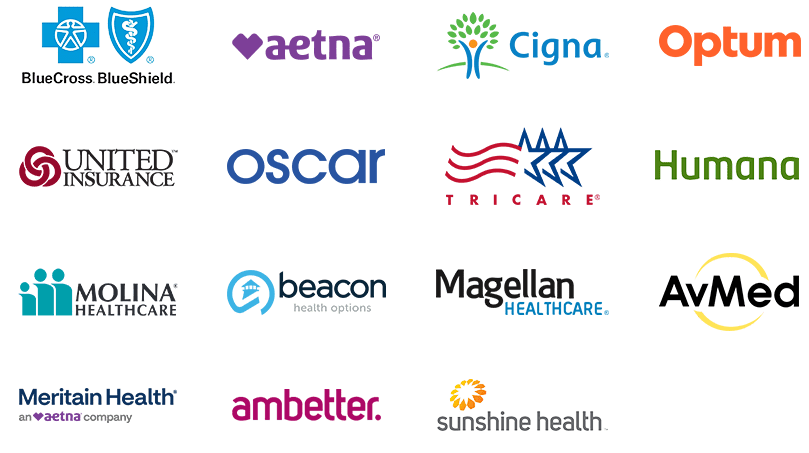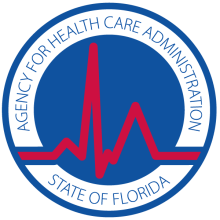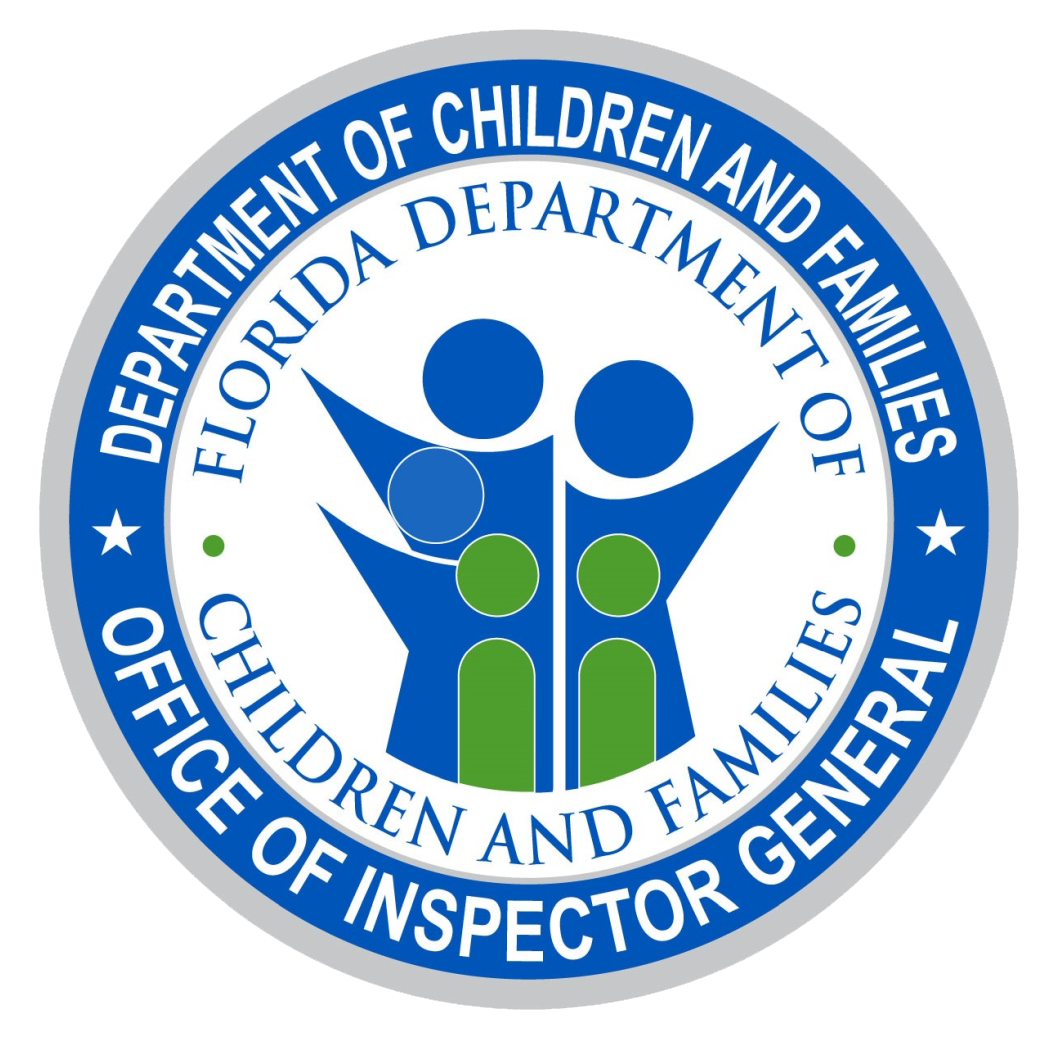DUAL DIAGNOSIS PROGRAM
IN SOUTH FLORIDA
There are many misconceptions that are common about addiction and recovery. With the development of addiction, many people assume that those who become addicted have the ability to stop anytime they want. They fail to realize that addiction is actually a disease, meaning that the chemical balance and even the actual functioning of the brain has been profoundly altered. And just as there are many misconceptions about addiction, there are also misconceptions about mental and emotional disorders, which often occur alongside substance abuse disorders.
Dual diagnosis treatment is an important form of therapeutic support for a number of individuals. But there’s very little awareness about what dual diagnosis treatment is and why it can be so instrumental to recovery. At Principles Recovery Center, our dual diagnosis program is one of our recovery offerings that has helped countless individuals as they learn how to achieve stable sobriety and comprehensive mental health.
Why Dual Diagnosis Treatment is Important
THE CONNECTION BETWEEN CO-OCCURING MENTAL ILLNESS & ADDICTION
As you’re surely aware, there are many ways for a person to develop a substance abuse problem. There’s a tendency to portray people suffering from addiction as individuals who consciously chose to begin abusing alcohol or drugs, leading to their developing addictions. However, that’s not always how it happens. Some people develop addictions after having been exposed to impactful trauma or substance abuse during their childhoods or adolescent years. Others turn to alcohol or drugs in order to cope, which suggests that there’s some sort of prior trauma or a set of symptoms they’re attempting to treat. Oftentimes these individuals are suffering from “comorbid,” or co-occurring, mental illnesses.
When a person suffers from a mental or emotional disorder — e.g., bipolar disorder, depression, anxiety disorders, etc. — they inevitably experience symptoms of distress. With depression, there’s often a sense of dread, insomnia or the inability to sleep at normal times, extremely poor appetite and diet, a tendency to withdraw socially, and numerous other symptoms. When the individual isn’t receiving treatment from a professional, he or she may turn to something that’s more accessible in an effort to relieve the symptoms he or she is experiencing. In the event that alcohol or drugs are being used to relieve symptoms of mental or emotional disorders, it’s often colloquially known as self-medication.
Self-medicating for mental and emotional disorders is one of the most common causes of addiction. Although the disorder itself doesn’t directly cause addiction, the individual’s desperation for relief from the symptoms of the disorder result in him or her seeking comfort and relief from alcohol or drug use.
Alternately, there are theories among psychiatrists and treatment professionals that addiction could, in fact, cause symptoms of mental or emotional disorders. While it’s believed to be substantially less common, the idea is that the chemical changes that occur in the brain when an individual habitually abuses a mind-altering substances could cause him or her to begin to experience and exhibit certain prognoses.

Request a Confidential
Callback 24/7
MEDICAL DETOXIFICATION
IS NECESSARY
It serves as an initial primer for the remainder of the individual’s treatment process. If a patient were to simply skip the detoxification phase of the recovery and go straight into clinical treatment, it’s quite likely that he or she would be experiencing or suffering from withdrawal symptoms and immediately leave treatment and seek comfort in their drug of choice. Although the severity of withdrawal symptoms can vary from one person to the net, the majority of individuals who are suffering from withdrawal would have extreme difficulty participating in treatment even if they stayed. With certain substances (like alcohol and benzodiazepines) posing potentially fatal withdrawal symptoms, detoxification is a must in order to effectively produce the best treatment outcome.
We Understand the Importance of Mental Health
HOW OUR SOUTH FLORIDA DUAL-
DIAGNOSIS PROGRAM CAN HELP
Many people who are addicted to drugs are also diagnosed with other mental disorders, including anxiety and depression. Some people develop mental health problems related to their compulsive drug use, and some people take drugs in an attempt to alleviate symptoms of mental health disorders. Whatever symptoms appear first, it is important to treat all mental illnesses at the same time.
At Principles Recovery, Center we are capable of helping individuals cope not only with their addiction but with their underlying issues. An important element of our treatment program is how we identify underlying issues and develop a long-term treatment plan to set them up for success after treatment.
Numerous studies have shown that an individual’s loss of dopamine over the course of treatment can lead to relapses. It’s our goal to work on not just the addiction, but every aspect of an individual’s life and support system. By doing so we can try to prevent future triggers and re-introduce our clients to happiness in sobriety.
Never Be Alone Again
Come Join Our Recovery Family
How We Can Help You
WHAT ARE COMMON CO-OCCURRING
MENTAL HEALTH DISORDERS?
In theory, virtually any mental or emotional disorder could occur alongside an addiction; however, there are several disorders that are particularly common when it comes to addiction comorbidity.
Generalized Anxiety/Panic Disorder
Anxiety and anxiety-related disorders are among the most common comorbid psychiatric disorders. Basically, anxiety-related disorders entail the experience of unpredictable, uncontrollable anxiety, making it extremely difficult to live a normal life. It’s often the case that the anxiety an individual experiences as part of an anxiety disorder is associated with some sort of trigger or stimulus, including social situations and phobias. For these individuals, turning to alcohol or drugs might feel like the fastest and easiest way to relieve their debilitating anxiety.
Bipolar & Mood Disorders
Another disorder that is commonly comorbid with addiction is bipolar disorder. While there’s some variation in the symptoms of bipolar disorder (such as whether the individual is experiencing intermittent depression or aggression) the experience of rapidly and unpredictably cycling moods can be a major impedance in day-to-day life. Thus, an individual who suffers from bipolar disorder may come to the conclusion that using certain types of mind-altering substances would allow him or her to better balance his or her moods.
Depression
Depression is commonly comorbid with addiction, too. Of course, part of the reason depression is so often comorbid with addiction is that depression is widely considered to be the most common of all psychiatric disorders. Similar to how individuals suffering from anxiety may turn to mind-altering substances in an effort to get relief from symptoms of anxiety, individuals who suffer from depression may turn to drugs (particularly stimulants) in hope of alleviating their depression. The same goes for all other mood disorders as well.
Eating Disorders
Beyond the conventional mental and emotional disorders, eating disorders are another type of disorder that can be comorbid with addiction. As you’re probably aware, eating disorders involve harmful patterns of food consumption behavior, often related to body image issues. Regarding eating disorder comorbidity, it’s common for individuals to exploit the effects of certain mind-altering substances for how they affect their appetite; in such instances, the abuse of certain substances could be viewed as a worthwhile strategy for weight loss.
Sex Addiction
Finally, individuals who suffer from sex addiction are also prone to substance abuse problems. Since sex addiction is a behavioral addiction that can inhibit day-to-day functioning, substance abuse can enter the picture in an effort to either complement sexual activities or to hinder one’s sexual appetites.
Insurance Can Help Cover
the Cost of Treatment at PRC.

WE’VE GOT
YOU COVERED!
Insurance coverage for treatment is within reach. We are in-network with most insurance carriers in Florida.

Healing Your Mind, Body & Spirit
GET THE HELP YOU NEED AT OUR SOUTH FLORIDA
DUAL DIAGNOSIS TREATMENT CENTER
If you’re suffering from a dual diagnosis, South Florida offers no better dual diagnosis program than the one we offer at Principles Recovery Center. We believe in teaching life skills that provide gratification and progress within an individual’s life. In order to identify if you or a loved one suffers from a secondary diagnosis, call and receive a free consultation to see if you are a fit for our facility.
For more information about our dual diagnosis program, contact Principles Recovery Center to learn more. It’s never too late to seek recovery and discover peace outside addiction.
CREDENTIAL HIGHLIGHTS



